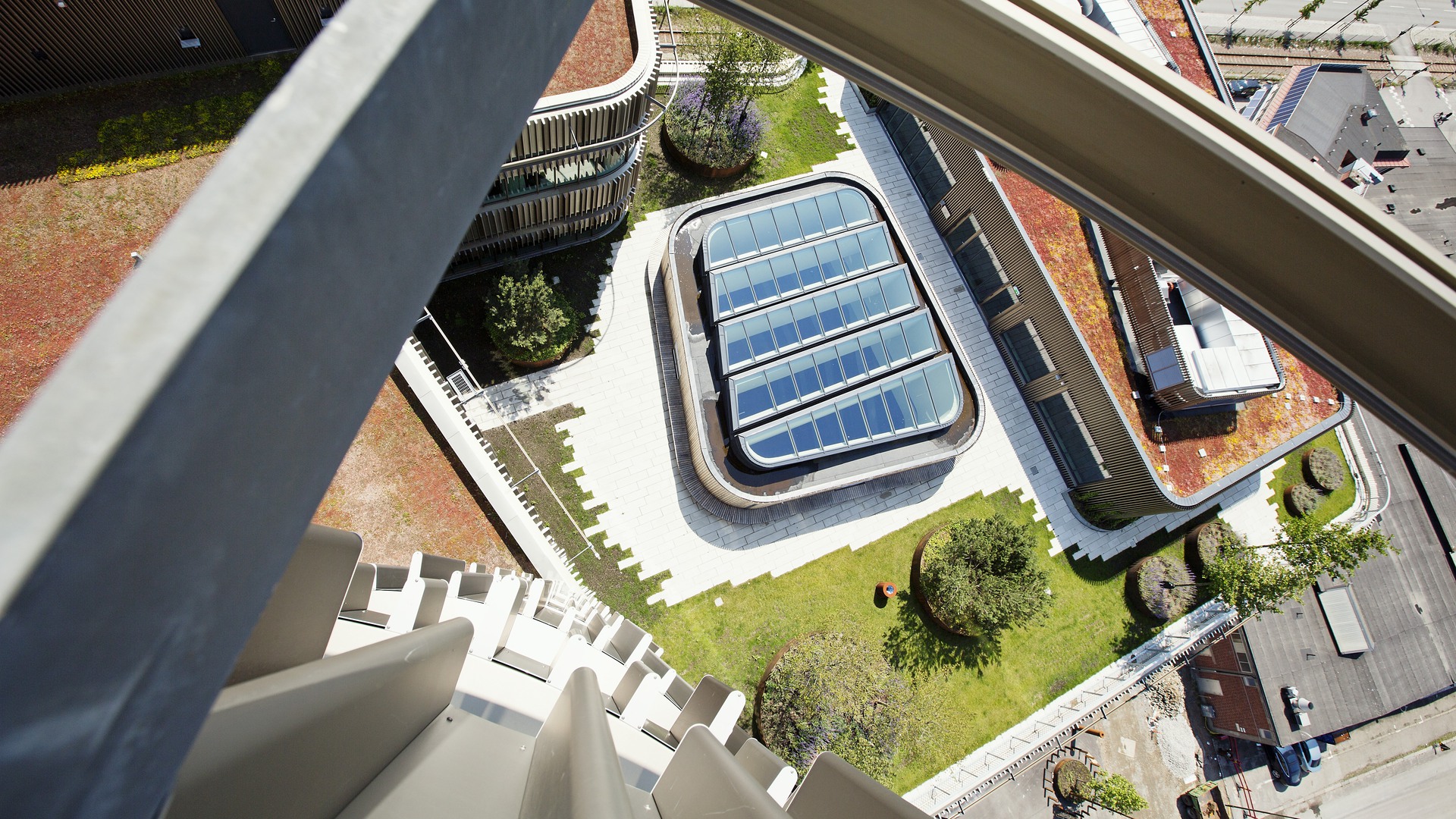EduSinglePage
This course is offered as part of programme:
Course content
The purpose of the course is for the students to acquire knowledge and ability to apply strategic governance and development of businesses and organizations in order to handle urban challenges. The course provides broad knowledge of service innovation that can be used when urban and technological challenges changes the circumstances in which stakeholders conduct business and promote sustainable societal development. Technology both challenge and endorse different actors in society to create business and manage solutions that can generate value for society and business. At the same time, there is a need for critical approach to technological development and awareness of both positive and negative effects on cities and societies.
The course is structured in two modules:
1\. Strategic Management (7,5 credits)
The aim of this module is for the students to have the competence to develop organization strategic goals and visions, based on deepened theoretical knowledge, practices and models. Students should be able to discuss and develop theories and practices of strategy formulation and implementation in a changing society.
2\. Service Innovation (7,5 credits)
The module aim for students to acquire a broad understanding of the role of innovation in addressing the challenges of sustainable urban development. Students will attain a broad knowledge of and ability to discuss and develop theories, methods and processes for creative problem solving and service innovation within urban and social innovation as well as new technology (e.g. digitalization).
Entry requirements
Bachelor´s degree consisting of 180 credits. The equivalent of English B/English 6 in Swedish secondary school.
Selection
100% University credits completed
Course literature
Current literature list is available in the syllabus for the course
Course evaluation
Malmö University provides students who participate in, or who have completed a course, with the opportunity to express their opinions and describe their experiences of the course by completing a course evaluation administered by the University. The University will compile and summarise the results of course evaluations. The University will also inform participants of the results and any decisions relating to measures taken in response to the course evaluations. The results will be made available to the students (HF 1:14).


